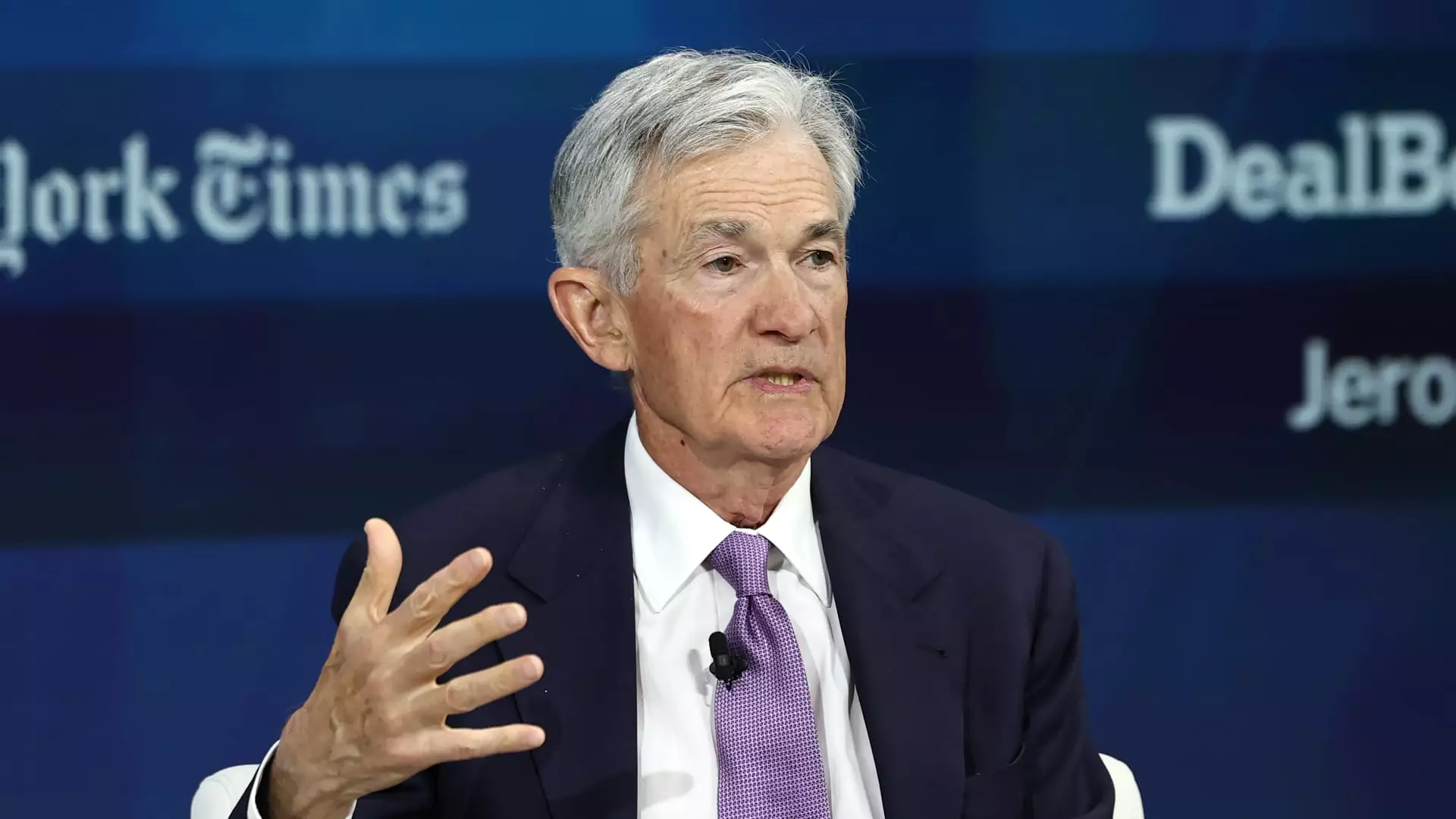As the Federal Reserve prepares for potential shifts in U.S. monetary policy with an incoming presidency, scrutiny surrounding the independence of the Federal Reserve (the Fed) has surged. Federal Reserve Chair Jerome Powell recently addressed concerns regarding the potential for President-elect Donald Trump to influence the central bank politically. This article delves into Powell’s reassurances regarding the Fed’s autonomy, evaluates the historical tension between the presidency and the Fed, and considers the implications for future monetary policy.
The concept of the Federal Reserve’s independence is foundational to its functioning. Established in the early 20th century through congressional legislation, the Fed was designed to operate free from political pressures, ensuring that monetary policy decisions are made based on economic research and data rather than political expediency. This independence allows the Fed to prioritize key objectives such as maximum employment and price stability, which ultimately serve the economic interests of the populace rather than the goals of a particular political party.
Powell’s remarks highlight the significance of these safeguards embedded in the Federal Reserve’s structure. Ensuring that economic decisions are insulated from political influence is crucial, especially in times of economic uncertainty or polarization. This independence allows for a more consistent and reliable approach to tackling inflation and fostering job growth.
Despite the institutional protections, the fears regarding politicization have been fueled by Trump’s previous criticisms of the Fed and its leadership. Throughout his presidency, Trump was vocal about his discontent with Powell, whose rate decisions he believed did not align with the administration’s fiscal goals. There were concerns that the incoming administration might attempt to exert influence over the Fed’s operations directly or indirectly—potentially through the installation of advisors or figures sympathetic to the administration’s viewpoints.
Powell’s comments during a recent interview reflect a conviction that bipartisan support exists in Congress for maintaining the Fed’s independence. He emphasized that the central bank should remain above the political fray, reiterating the necessity for decision-making processes to remain insulated from political commitments or pressures. However, Powell is operating in a landscape where public sentiment regarding the Federal Reserve remains complex and fragmented, leading to questions about how strongly Congress would act if future political pressures were applied.
In discussing the Fed’s monetary policy trajectory, Powell noted that the current state of the U.S. economy is robust, allowing the Fed to adopt a cautious approach to interest rate adjustments. The Fed’s next rate decision is indeed on the horizon, and precise anticipations about moves in January and beyond are being closely monitored by market participants. As policymakers consider monetary policy adjustments in response to both domestic and global economic trends, Powell’s emphasis on caution reflects both a responsive and responsible approach amid evolving economic landscapes.
The markets currently anticipate a possible interest rate cut, a move that could stimulate economic activity but also raise concerns regarding the long-term repercussions on inflation and economic stability. Powell’s reassurance of the Fed’s ability to navigate these decisions independently is essential to fostering confidence among investors and the general public.
The independence of the Federal Reserve is an essential aspect of its effectiveness in guiding U.S. monetary policy. While political pressures have historically been a concern, Powell’s assurance of the Fed’s commitment to its foundational principles suggests a steadfast resolve to uphold its autonomy. The interplay between the White House and the Fed will continue to merit scrutiny, particularly given the potential for future administrations’ engagement with monetary policy.
As we look ahead, understanding the implications of Powell’s words, alongside the actual policies enacted by the Fed, will be crucial in assessing not only the health of the U.S. economy but also the integrity of its monetary institution. Ultimately, the ongoing prominence of monetary policy in the political arena underscores the vital importance of preserving the independence of the Fed to ensure that economic decisions reflect the best interests of all Americans, free from the sway of partisan interests.

